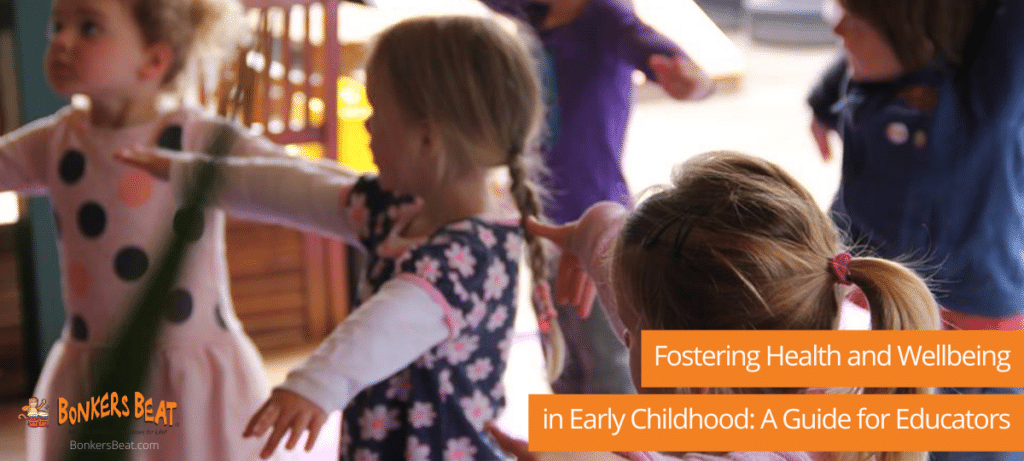Whether you’re a parent or you work with children, we all want the best outcomes for children. We want to see these young people flourish and reach their full potential.
Of course there are countless factors to consider in children’s lives, but today we’re going to explore one particularly powerful element that can have an impact.
What is empowerment?
The Oxford Dictionary defines empowerment as “the process of becoming stronger and more confident, especially in controlling one’s life and claiming one’s rights”.
To empower children is to guide them to feel valued, capable and to realise they play the role of creator in their own lives and futures.
It doesn’t mean children should have a say over everything – of course, children must still learn to work within rules and guidelines set by authorities, teachers, parents and so on.
What we do want it for young people to make informed choices for themselves, identify and take responsibility for the consequences of their actions. Children should be given the opportunity to engage with the world around them in a meaningful way.
Why we should empower children
1. Grow confidence and self-esteem
Confidence and self-esteem enables children to feel happy and comfortable with who they are, as well as try new things. They are more likely to manage their own behaviour.
2. Encourage independence
Allowing children to have a say in their lives and make choices that affect them helps them to be independent.
3. Build resilience
Empowerment is a key factor in building resilience, which enables children to bounce back from whatever life throws their way.
4. Develop self-respect
When children understand that they are powerful creators in their own worlds, they develop a sense of self-respect. Self-respect enables children to better respect and value others.
5. Make them better learners
A confident, independent child has the best chance of being an effective learner and shaping a fantastic future for themselves.
How to empower children
- Give children responsibilities
- Celebrate accomplishments
- Involve children in family and classroom decisions
- Lead by example
- Support and guide children on their journey
For further guidance in empowering children, the Montessori Philosophy and Reggio Emilia Approach are well-known examples of how to encourage children and develop their skill and life confidence in early years. Incorporating empowerment is also an essential ingredient in our approach to early childhood education at Bonkers Beat Music Kinder and within our Bonkers Beat Music and Wellbeing Programs.
Let’s empower children today and help them to become more resilient, effective learners. What better way to set them on a path to reach their full potential.





